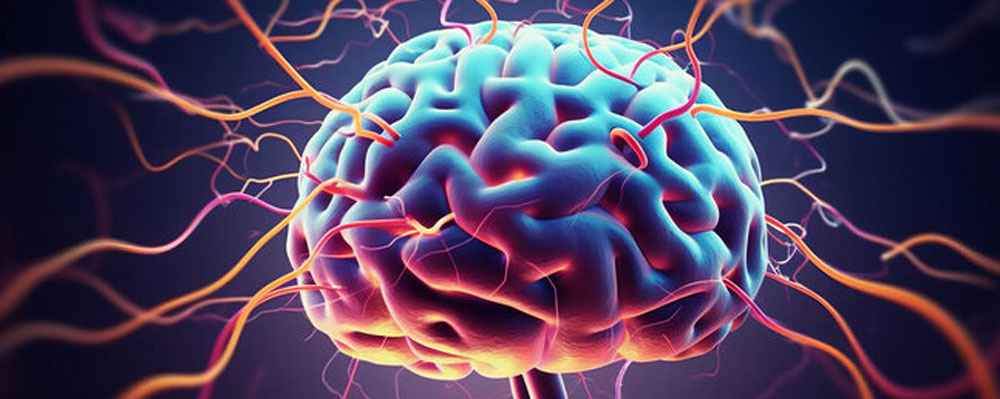Neuroendoscopy is a minimally invasive brain surgery that allows doctors to access brain areas that would otherwise be inaccessible. It also enables tumour removal without requiring a big incision in the skull; instead, tumours are removed through the mouth, nose, or a tiny window in the skull.
An endoscope, which is a tiny, flexible tube with a camera and a small set of surgical equipment attached, is used to perform neuroendoscopy. This treatment can be used to extract a tissue sample for further testing (a biopsy) or to remove a portion or the entire brain tumour.

Neuroendoscopy performed in a hospital often necessitates at least an overnight stay for monitoring. Some treatments can be performed in ambulatory surgery centres, allowing you to return home the same day.
After the endoscopic endonasal approach (EEA), you may experience minimal nasal irritation. Upon the completion of the procedures requiring tiny incisions in the scalp and bone of the skull, you will be given pain medications to make you comfortable.

One of the numerous advantages of neuroendoscopy is that it has a lower risk of problems than open surgery a wider incision. Although there are hazards, in many circumstances, the advantages of surgery exceed the risks. The surgeon and care team will answer any questions that you have regarding the surgery.
Your neurosurgical care team will offer instructions on how to care for your incisions (if any), permissible activity levels, and suggest follow-up appointments before you leave the hospital. Most people recover quickly and lead a significantly higher quality of life.
Each patient is assessed by Dr. Ravi Suman and a team of expert surgeons who identify the optimal surgical technique for his or her needs at Yashoda Hospital. Neuroendoscopy, like other minimally invasive treatments, has a number of advantages over open-brain surgery in many circumstances, including faster recovery periods and reduced complication rates.
For more information about neuroendoscopy or any of the other advanced brain tumour therapies available at Yashoda Hospital, please contact +91 9014249759 or complete an online new patient registration form. We welcome appointments with or without a physician's referral.
The recovery time depends on the surgery. Generally, people stay in the hospital for 3 to 10 days. It may take 6 weeks to recover completely.
The risks of neuroendoscopy are severe bleeding, increased intracranial pressure, brain hemorrhage and infection.
Avoid lifting heavy weights and avoid driving till the doctor says. Avoid risky activities such as climbing a ladder.
Cancer can return after surgery since the doctor might have missed some cancer cells during the operation. These cancer cells might have broken away from primary cancer and may be tiny in size.